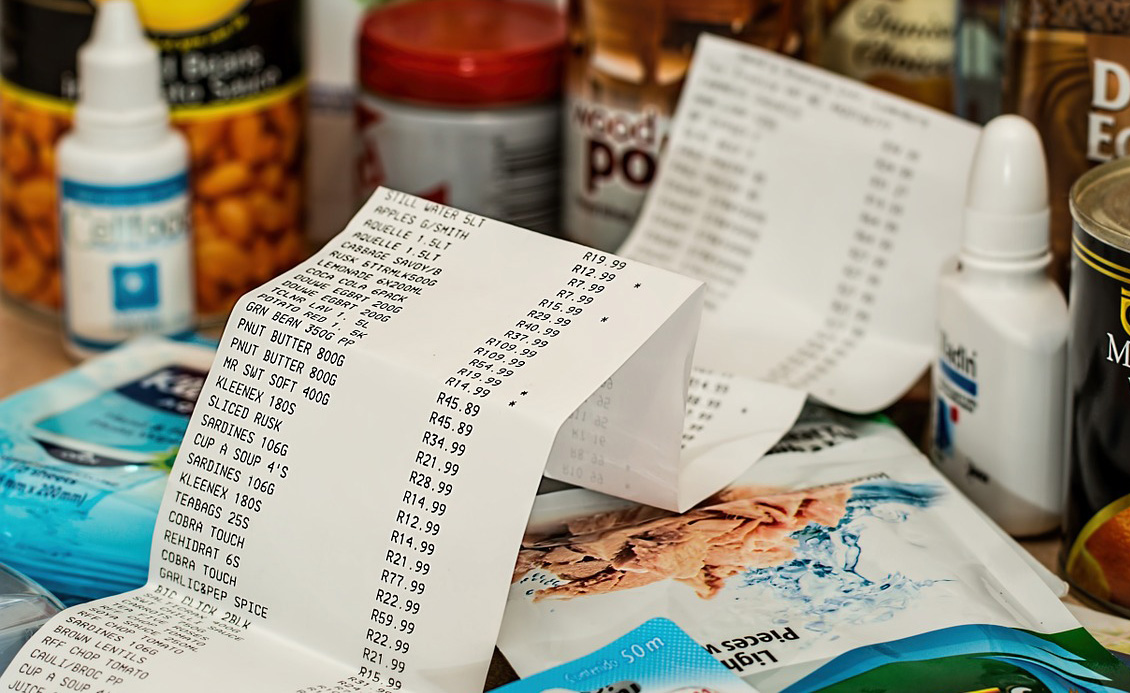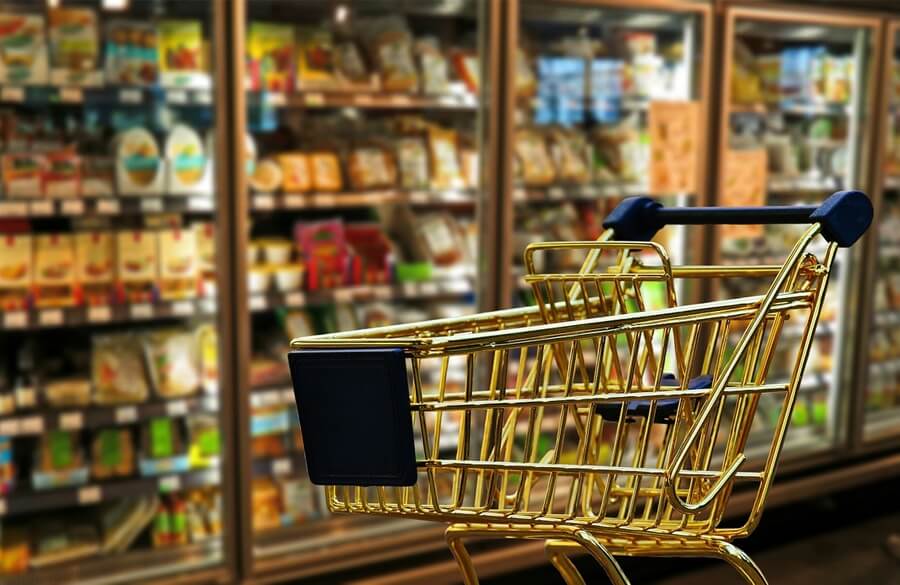Tips To Consider When Buying Your Groceries
Supermarkets call these tricks ‘marketing strategies.' I call them deceptive practices. The most recent is the Grocery Store Voucher Scam, aka the $500 Giveaway. Before I explain it, let's look at the most common five misleading moves supermarkets pull – we are sure you've been there, even if you don't know it. I will even add more.
Watch the video below to see common scams that happen at grocery stores, exposed by a former worker in a supermarket:
Scam Detectors Most Trusted Websites in Online Security
- Guard.io (100): Surf the web safely. Clean up your browser, remove maliscious extensions and check for privacy violations.
- Incogni.com (100): Delete your personal data from the internet and protect against scams and identity theft.
- ExpressVPN (100) Stay secure and anonymous online - Best VPN Out There
Let's take a look at them one by one – and start with the newest one. Meanwhile, stay away from the Instacart scams happening these days.
1. Grocery Store Voucher Scam
Several marketing companies are now using this trick to get people into paying for something that might be an unbelievable shopping experience. It works like this:
You are promised a $500 grocery coupon if you participate in a so-called survey and enroll in three companies (that will spam you forever after). Let's say one specializes in cosmetics, one in travel, and one in food. To enroll, you must pay $10 or $20 to each company. However, this is okay since you are promised $500 back. It's a good deal.
Then, you wait for the coupon, which comes in the mail as a brochure or a plastic card with a $500 balance. So far, so good – legitimate since it is, as promised, for $500.
The problem is that the $500 value is distributed in hundreds of different ways: $0.25 off pet food, $0.20 off frozen food, $1 off magazines, $0.50 off plants, etc. The total discount – you still have to pay – would be worth the full $500 only if you buy products from every supermarket section.

2. Offer Expiration Date
Let's say the cereals in a supermarket expire very soon, so the store has to get rid of them while still in good condition. They offer a sale deal of 25% OFF, which ends on Sunday. The deal's expiration date is mentioned in fine print or on a different part of the shelf. On Monday, the 25% OFF tags are still by the products, making people grab the items and throw them into their baskets without knowing the price is back to normal.
The trick is this: supermarkets have thousands of visitors daily, most looking for deals and discounts. Out of those thousands of people who buy the products, a good part will not notice the price change. Those who do will get a refund, as the supermarket easily justifies the lack of time to pick up the sale tags on Monday morning.
Always look for the expiration date.
3. The Honey Aisle Trap
You are probably familiar with the fact that supermarkets put some discounted offer products at the end of the aisle so that you can make your way through and see the other regular-priced items first. There is nothing wrong with that. However, in the section with all the ‘SALE' signs, there are often products that are not discounted.
If you check the same items on websites like Amazon, they will be even cheaper. Many people buy the products on the spot, not even bothering to compare the prices with other places – because they are told it is a sale.
This misleading practice is called the “Honey Aisle Trap.”
4. Multibuy Deal
This is a trick that many people fail to recognize because they don't want to do the math. Many items are sold as a ‘SALE' in bulk, giving the buyer the impression that it's cheaper to buy like that. The Multibuy Deal is shown as a “6 Yogurts For 2 Bucks” in a hands-on example in the video above.
In reality, buying six individual yogurts at $0.38 at that particular supermarket also totaled just about two bucks! The store added just a few cents to justify the sale.
Of course, not all supermarkets do this, but basic math is something to consider when buying in bulk.
5. Special Price Raise
ITo populate the ‘Discounted Items' shelves, some stores raise the price in advance for a month, only to reduce them to a regular price 30 days later. The ‘discounted' tag might catch your eye, not knowing that the price is the same at any other supermarket.
6. Comparing the Grams Psychological Trap
Many customers get excited when they see an attractive price of a more prominent item compared to the same product but in a smaller package. Let us explain with a simple example. A 1,750ml bottle of liquid detergent at $14 is much more attractive than a 750ml bottle of the same product priced at $11, right? This way, you would buy the big bottle.
A regular 1750ml is $13, while the 750ml is only $7. However, when people see the $14 cost for the big bottle versus $11 for the smaller one while standing side by side, they go for the ‘better deal.' Which, of course, ends up being a better deal for the store rather than the consumer.
Grocery Store Misleading Practices: How To Report
Make your family and friends aware of the deceptive practices done by supermarkets by sharing this article on social media using the buttons provided. You can also officially report questionable stores to the Federal Trade Commission using the link below:
How To Protect Yourself More
If you want to be amongst the first to receive alerts about the most notorious scams every week, subscribe to our Scam Detector newsletter. You will receive periodic emails from us with insightful tips. That will include strategies on how to prevent fraud and information about the newest tools you can use to fight crime.
Meanwhile, feel free to educate yourself with some other shopping fraud-related articles. They are listed under this paragraph, so that you know more about online security. Last but not least, if you have any bad experiences, make sure to use the comments section below to expose other scammers.
Verify a website below
Are you just about to make a purchase online? See if the website is legit with our validator:
vldtr®


TOP 4 MUST-WATCH FRAUD PREVENTION VIDEOS
1. Top 5 Amazon Scams in 2024 2. Top 5 PayPal Scams in 2024 3. How To Spot a Scam Email in 2024
- Latest Posts by Selma Hrynchuk
-
Compromised Credit Card Scam
- -
Fake Google Chrome Update
- -
Facebook Privacy Notice Hoax
- All Posts














Another scam they do is at the self check out. You are buying some kind of vegetable, at the self check out you enter type of veg. On the screen there are a series of pictures showing the which types of that veg. is available. However, they always have the organic (more costly) options showing first and many times the item you are trying to buy does not show up. You need to swipe the screen to get to the next page. People get frustrated not being able to find their type of veg. so they click on a more costly item.
Nice one, thanks Jamie!